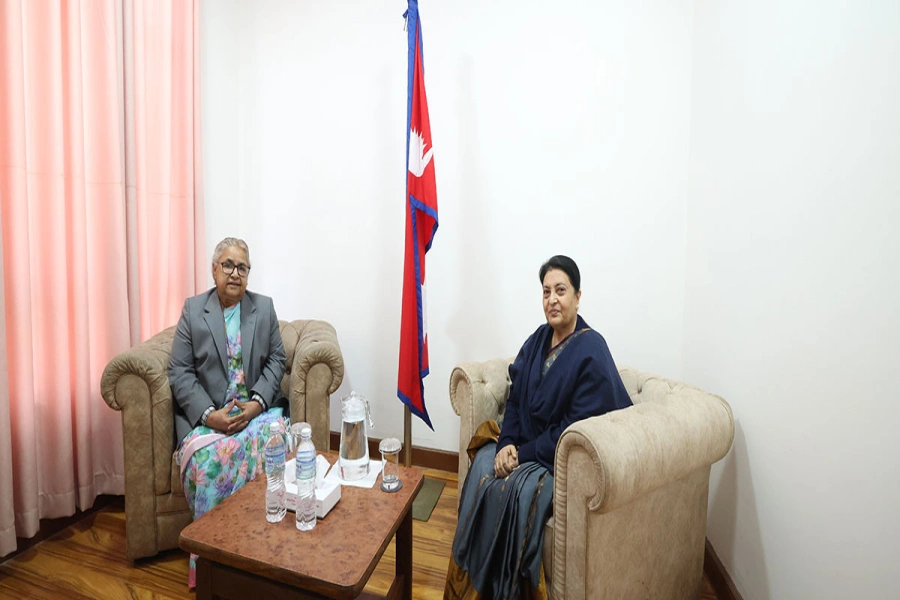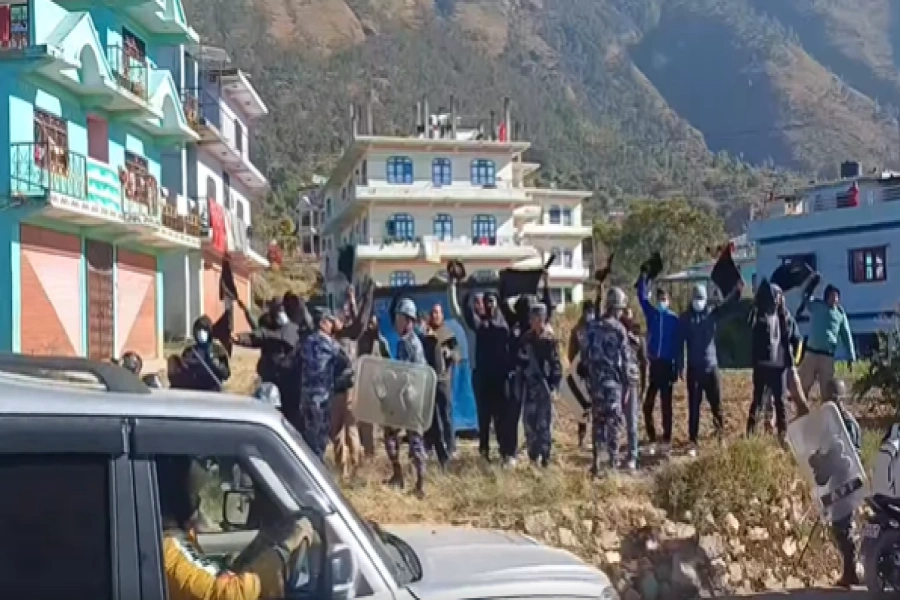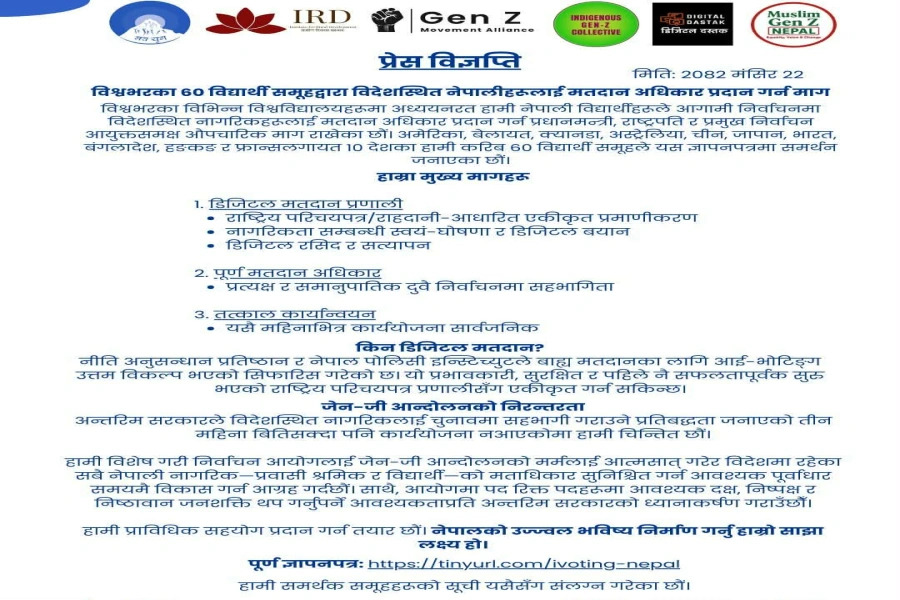KATHMANDU, Feb 15: Young individuals are venturing into labor abroad after obtaining work permits from the government in pursuit of good income. Each year, millions of youths seek employment opportunities overseas due to the lack of job opportunities domestically.
Every day, around 3000 young people go to the Gulf countries, Malaysia, Europe, and other countries in search of employment opportunities. However, it has become evident that manpower companies, their agents, as well as relevant government agencies deceive and exploit those youths at every possible step.
Many young individuals are falling victim to deception before heading abroad and finding themselves without jobs or services upon arrival to foreign destination.
Nepali workers abroad are often subjected to harassment, forced to work excessive hours, denied passports, deprived of promised wages and benefits, paid inadequately, denied rest breaks, restricted from changing workplaces, and left to fend for themselves when ill or injured, sometimes resulting in premature death or amputation.
Online service of DoFE disrupted

Moreover, the exploitation of women workers, along with the increased risk of violence, human trafficking, and sexual exploitation, have transformed foreign employment into an obligation rather than an opportunity for most Nepalis.
From mid-July to mid-January, deceived youths received a total of Rs 138.4 million in compensation during their foreign employment endeavors. This includes amounts received by returnee victims and individuals who failed to migrate due to fraudulent activities in their home country. Of the beneficiaries, 1,560 are children. The DoFE is currently compiling data on their total claims made by the victims, as stated by Information Officer Kabiraj Upreti.
Many victims find themselves compelled to suppress their suffering, while others seek justice through various organizations. Numerous victims have alleged that most of the manpower companies fail to provide them with receipts for the amounts they paid for foreign employment.
Additionally, from mid-July to mid-January, 690 complaints were lodged with the DoFE's Relief and Rescue Coordination Section. During this period, 45 distressed individuals were rescued abroad, and 172 received compensation. Moreover, 79 complaints were resolved through mutual agreement between the involved parties. Similarly, 65 complaints were withdrawn, and one complaint was put on hold. Out of the total complaints, 362 were rejected. The compensation provided by the DoFE amounted to Rs 13.39 million.
Officials of the DoFE said that among the majority of complaints filed by the victims with the DoFE, most of the cases were about the companies or authorities taking money from them but failing to send them abroad.
Foreign employment serves as a major source of foreign exchange earnings for both developing and less developed countries. Consequently, around 3,000 young people embark on foreign employment journeys daily. Moreover, in six months, over 30,43,000 individuals received new work permits and renewed their work permits.
According to the data of the DoFE, the number of men who received new individual work permits is 32,772, while among those who received work permits, there are 9,411 women. According to which, the number of men who have taken new work permits through manpower companies is 139,366, while 19,620 women have taken new work permits through such companies. However, the government does not have the exact data of Nepalis working in India.
Likewise, 125,334 men and 10,111 women renewed their work permits, while 6,367 men and 433 women were deployed to South Korea through the government mechanism (G2G).
When Nepalis go abroad for employment, they take a loan and use the money they earn to pay off the loan first, if they make any savings, and then they spend the money on household work and then if they make any further savings, they buy real estate. This is why foreign employment is readily prioritized by the youth.







































